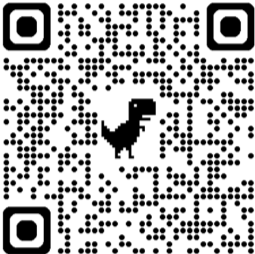Personal, Social-Emotional, and Moral Development
supports children to learn to get on with others and make friends, understand and talk about feelings, learn about 'right' and 'wrong', develop independence and ultimately feel good about themselves.
Create multiple-choice games on Wisc-Online and play them on our Chakalaka mobile app!
But that's not all! Explore educational games created by others. Simply search by category or enter agame code number and dive into a world of learning and fun.
Download the Chakalaka mobile app here:

Topics of this game:
- Is the term that describe our attitudinal, emotional, and behavioral response to experience in our environment?
- What are the “BIG FIVE”?
- Children begins to rely on themselves instead of others to regulate moral behavior, and their thinking becames more significant!?
- The ability to perceive, understand, and manage emotions in ourselves and others, and to use emotional knowledge to enhance cognition?
- People's definition of who they are with respect to gender orientation?
- Describes the advances we make in our ability to interact and get along with others?
- Children's responses to moral problems can be divided into two stages (external morality and autonomous morality)?
- What’s the ability to experience the same emotion someone else is feeling
- A form of bullying that occurs when students use electronic media to harass or intimidate other students?
- The ability to attribute mental states such as intentions and emotions to oneself or other persons (the understanding that others have distinctive perceptions, feelings, desires, and beliefs apart from our own)?
- An individual's sense of belonging to an ethnic group; includes attributes such as values, traditions, and language?
- 1) Trust vs. Mistrust 2) Autonomy vs. Shame 3) Initiative vs. Guilt 4) Industry vs. Inferiority 5) Identity vs. Confusion 6) Intimacy vs. Isolation 7) Generatively vs. Stagnation 8) Integrity vs. Despair
- an acronym for lesbian, gay, bisexual, transgender and queer or questioning. These terms are used to describe a person’s sexual orientation or gender identity?
- Refers to individual's perceptions of the relative worth of the groups to which they belong?
- What's the painful emotion aroused when people recognize that they have failed to act in ways they believe are good?
User comments are currently unavailable. We apologize for the inconvenience and are working to restore this feature as soon as possible.

